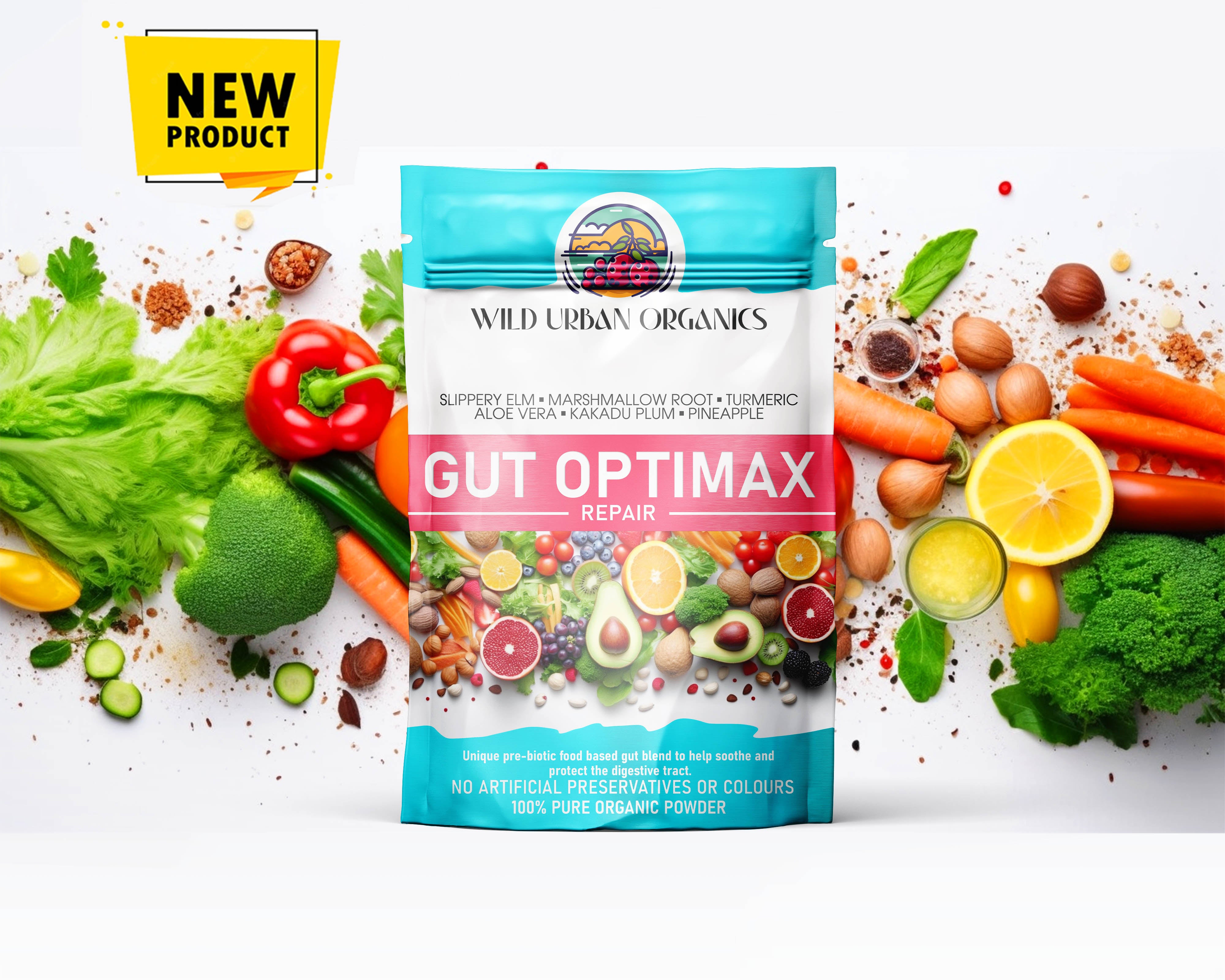Gut health is influencing everything from digestion and immunity to mental clarity and energy levels. With the rising awareness of gut health, people are seeking effective ways to nurture their gut microbiome.
In this article, we'll look into the gut-friendly foods and dietary patterns, providing you with an informative guide to find the full potential of your gut health.
The Gut-Brain Axis: Understanding the Connection
Before we dive into the foods and dietary patterns, it's essential to understand the intricate relationship between your gut and brain.
The gut-brain axis is a bidirectional communication network that links your central nervous system to your enteric nervous system.
This connection influences your mood, cognitive function, and even your appetite. A happy gut equals a happy brain!

Gut-Friendly Foods: The Heroes of Gut Health
-
Fermented Foods: Fermented foods like kimchi, sauerkraut, kefir, and yogurt contain live cultures that populate your gut with beneficial bacteria.
-
Leafy Greens: Leafy greens like spinach, kale, and collard greens are rich in prebiotic fiber, feeding the good bacteria in your gut.
-
Berries: Berries like blueberries, raspberries, and strawberries are packed with antioxidants and fiber, supporting a healthy gut microbiome.
-
Omega-3 Rich Foods: Omega-3 fatty acids found in fatty fish, flaxseeds, and chia seeds reduce inflammation and promote a balanced gut.
-
Polyphenol-Rich Foods: Foods high in polyphenols like green tea, dark chocolate, and olive oil have anti-inflammatory properties, supporting gut health.
Dietary Patterns for a Happy Gut
- Mediterranean Diet: Emphasizing whole foods, fruits, vegetables, and healthy fats, the Mediterranean diet is a gut-friendly approach to eating.
- FODMAP Diet: The FODMAP diet helps manage irritable bowel syndrome (IBS) by limiting fermentable oligo-, di-, and mono-saccharides, and polyols.
-
Gut and Psychology Syndrome (GAPS) Diet: The GAPS diet focuses on healing and sealing the gut lining, promoting a balanced gut microbiome.

Additional Tips for a Happy Gut
- Stay Hydrated: Adequate hydration helps maintain a healthy gut lining and promotes regular bowel movements.
- Manage Stress: Chronic stress can disrupt the gut-brain axis; engage in stress-reducing activities like meditation, yoga, or deep breathing exercises.
- Get Enough Sleep: Poor sleep can disrupt the gut microbiome; aim for 7-8 hours of sleep per night.
- Exercise Regularly: Physical activity promotes gut motility and overall health.
- Avoid Harmful Substances: Limit or avoid alcohol, nicotine, and processed foods, which can harm the gut microbiome.

The Benefits of a Happy Gut
- Improved Digestion: A healthy gut microbiome ensures efficient digestion and absorption of nutrients.
- Boosted Immune System: A balanced gut microbiome supports a strong immune system, reducing the risk of illnesses.
- Enhanced Mental Clarity: A happy gut equals a happy brain, promoting mental clarity, focus, and mood balance.
- Increased Energy: A healthy gut microbiome produces vitamins and hormones, supporting energy production.
- Glowing Skin: A balanced gut microbiome promotes healthy skin, reducing the appearance of acne, inflammation, and other skin issues.
Gut Health and Mental Health
-
The gut-brain axis is bidirectional, meaning that the gut microbiome influences mental health and vice versa.
- Research has shown that individuals with mental health conditions such as anxiety and depression often have altered gut microbiomes.
- Incorporating gut-friendly foods and dietary patterns can help alleviate symptoms of mental health conditions.
Gut Health and Autoimmune Diseases
- An imbalance of the gut microbiome, also known as dysbiosis, has been linked to various autoimmune diseases such as Crohn's disease, ulcerative colitis, and rheumatoid arthritis.
- Maintaining a healthy gut microbiome through diet and lifestyle changes can help reduce the risk of developing autoimmune diseases.
Gut Health and Aging
- The gut microbiome changes as we age, leading to a decline in immune function and overall health.
- Incorporating gut-friendly foods and dietary patterns can help promote a healthy gut microbiome and reduce the risk of age-related diseases.
Gut Health and Nutrition
- A healthy gut microbiome is essential for proper nutrient absorption and utilization.
- Incorporating gut-friendly foods and dietary patterns can help ensure optimal nutrient absorption and reduce the risk of deficiencies.
Gut Health APEX Natural Gut Health Supplement Powered by Kakadu Plum - Down to Earth
Gut Health and Environmental Toxins
- Exposure to environmental toxins such as pesticides, heavy metals, and pollutants can disrupt the gut microbiome.
- Incorporating gut-friendly foods and dietary patterns can help reduce the impact of environmental toxins on the gut microbiome.
Click here: to view our range of supplement powders
Gut Health and Stress
- Chronic stress can disrupt the gut microbiome, leading to a range of negative health effects.
- Incorporating stress-reducing activities such as meditation, yoga, and deep breathing exercises can help promote a healthy gut microbiome.
Unlocking the power of gut health requires a comprehensive approach, incorporating gut-friendly foods, dietary patterns, and lifestyle changes. By nurturing your gut microbiome, you'll experience improved digestion, a boosted immune system, enhanced mental clarity, increased energy, and glowing skin.
Remember: Every body is unique, and the optimal dietary pattern for gut health may vary. It's essential to listen to your body, experiment with different approaches, and consult with a naturopath to create a personalized plan that works best for you.










